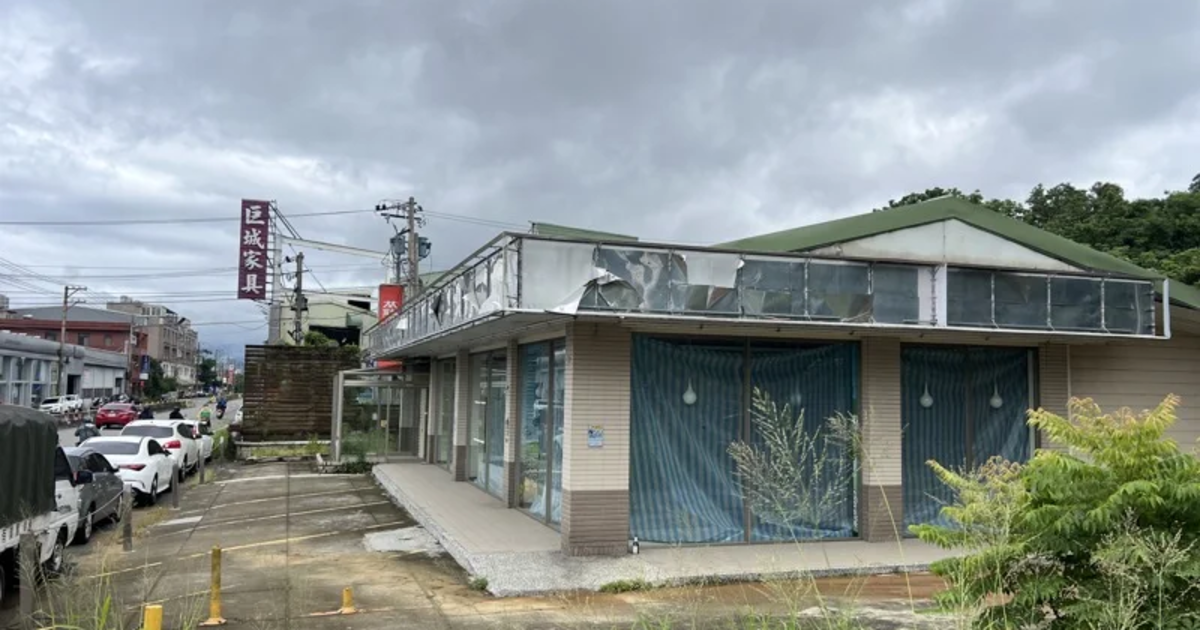Hsinchu County, Taiwan – July 18, 2025 — A wave of convenience store closures across Hsinchu County has drawn public attention and sparked community debate, as authorities intensify efforts to enforce land use regulations. The Hsinchu County Government’s Land Administration Department confirmed that 65 illegal stores have been investigated, with 39 operators fined for violating zoning laws by operating on designated farmland.
Among the areas most affected are Zhubei City and Hukou Township, each recording eight violations, followed by Qionglin Township with six and Zhudong Township with five. These closures, many of which involved shutting off power and water, have caused disruptions to daily life in affected neighborhoods.
For many residents, the closures came as a shock. Locals say convenience stores are more than retail outlets—they’re part of the fabric of everyday life. “They serve as essential hubs in our communities,” one resident shared. However, township leaders argue that without stricter penalties, landowners may be incentivized to misuse farmland by simply paving it and leasing it to retailers, creating a long-term threat to agricultural resources.
The crackdown follows increased national scrutiny of land use violations. Since last year, the central government has enhanced its enforcement efforts by cross-referencing business locations with the Ministry of Agriculture’s Farmland Resource Inventory System. If stores are found operating on agricultural land without the proper permits, they’re flagged for inspection.
Authorities revealed that 22 of the 65 cases involved repeat offenses. These businesses have now been referred to the Hsinchu District Prosecutor’s Office for legal action. Most of the illegal stores occupied less than 250 square meters, and under the Regional Planning Act, they were fined between NT$60,000 and NT$300,000. Offenders were also given a deadline to rectify the violations.
So far, eight stores have shut down completely, and one was forcibly disconnected from utilities after failing to comply. Another six illegal stores located in urban planning zones were also investigated, with three already demolished by the Department of Production and Development.
Local officials have raised concerns about systemic loopholes. He Yixin, a representative from Zhubei City, criticized the prolonged operation of unauthorized stores, stating that it reflects lapses in the approval and inspection processes for permits, utilities, and business registration.
She urged the government to enhance inter-agency coordination, close regulatory gaps, and introduce legalization pathways for existing businesses that meet safety and operational standards. “We must strike a balance between enforcing regulations and maintaining access to services for our residents,” she said.
The Ministry of the Interior is currently studying a project-based legalization framework for such establishments, aiming to apply principles of fairness, safety, and rationality. The Hsinchu County Government has expressed readiness to support its future implementation.
The crackdown underscores the government’s commitment to preserving agricultural land and ensuring responsible land use. Authorities have pledged to continue joint inspections and strict enforcement to prevent the spread of unauthorized commercial activity on farmland.



